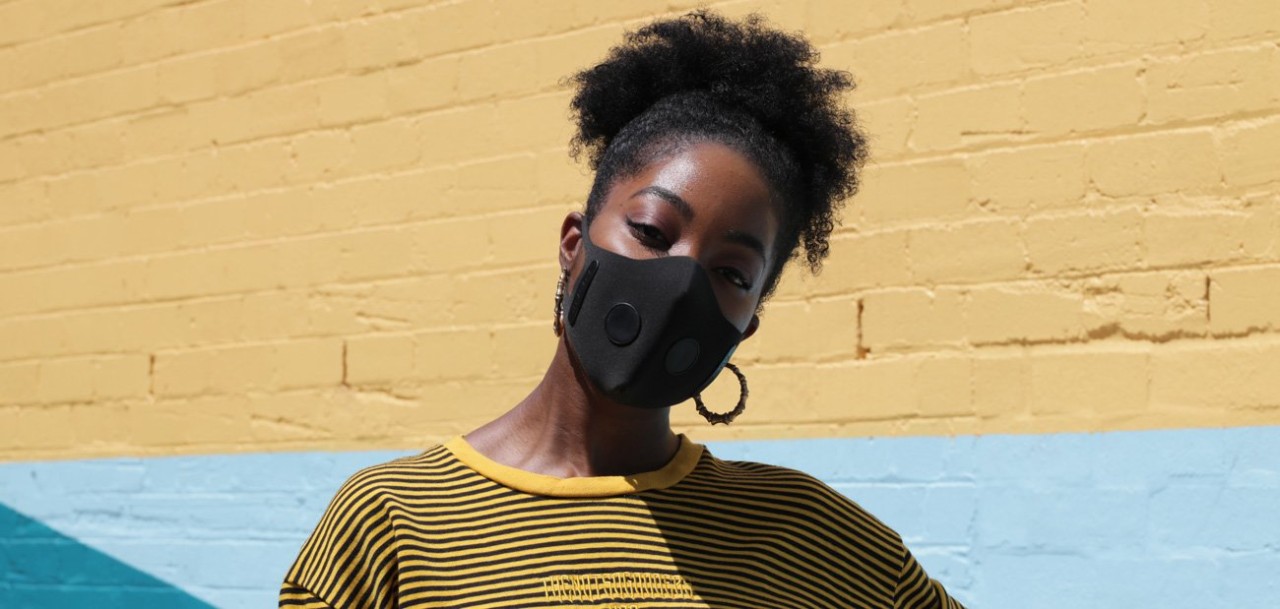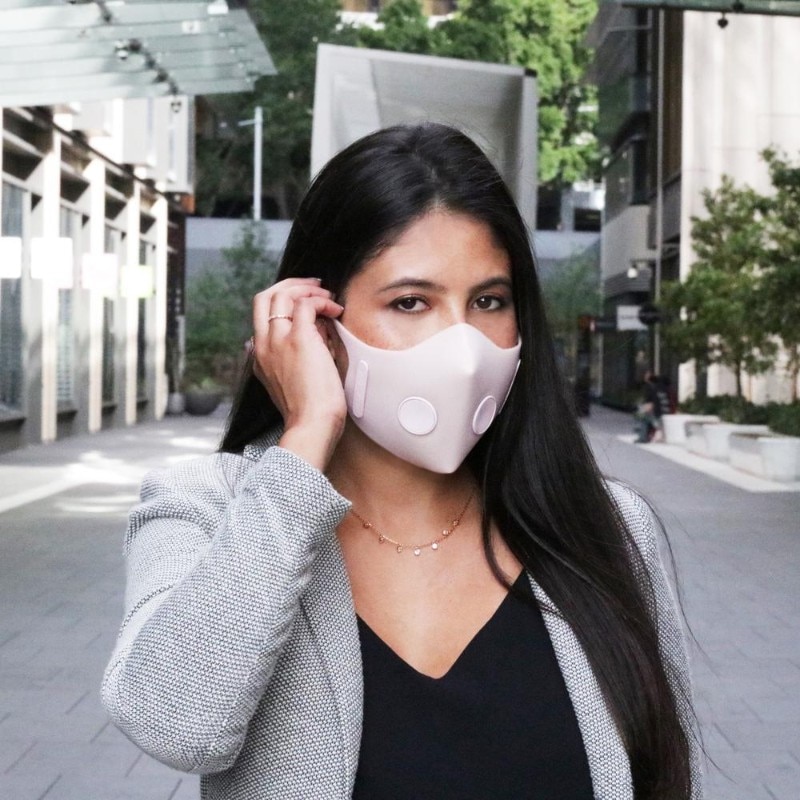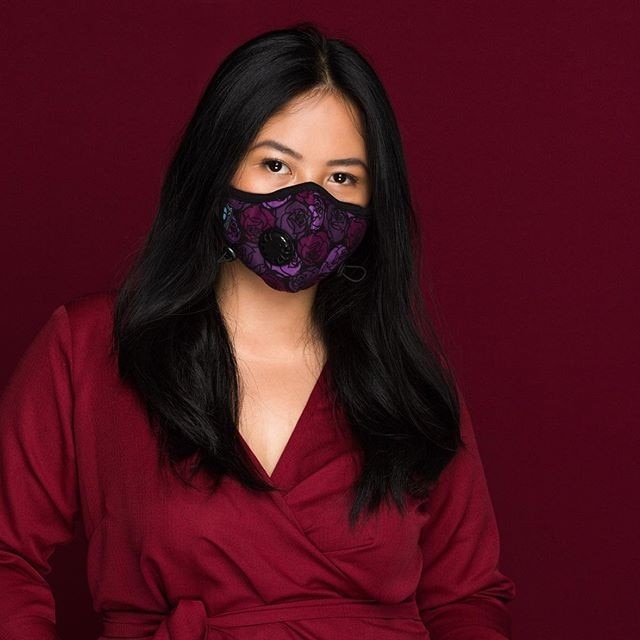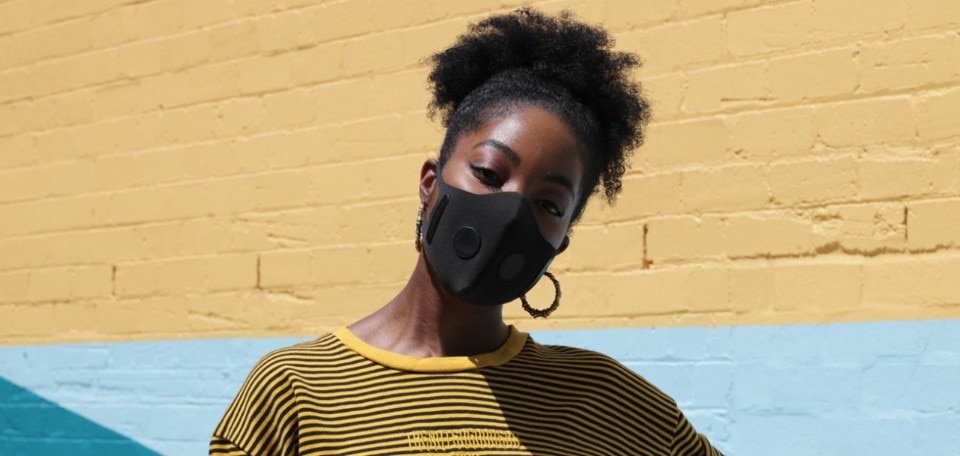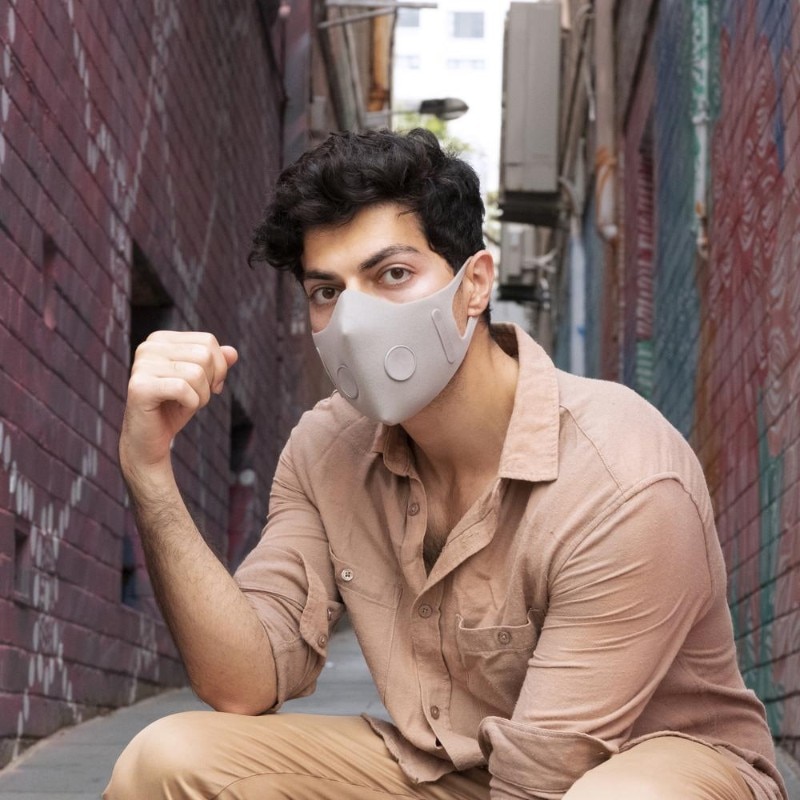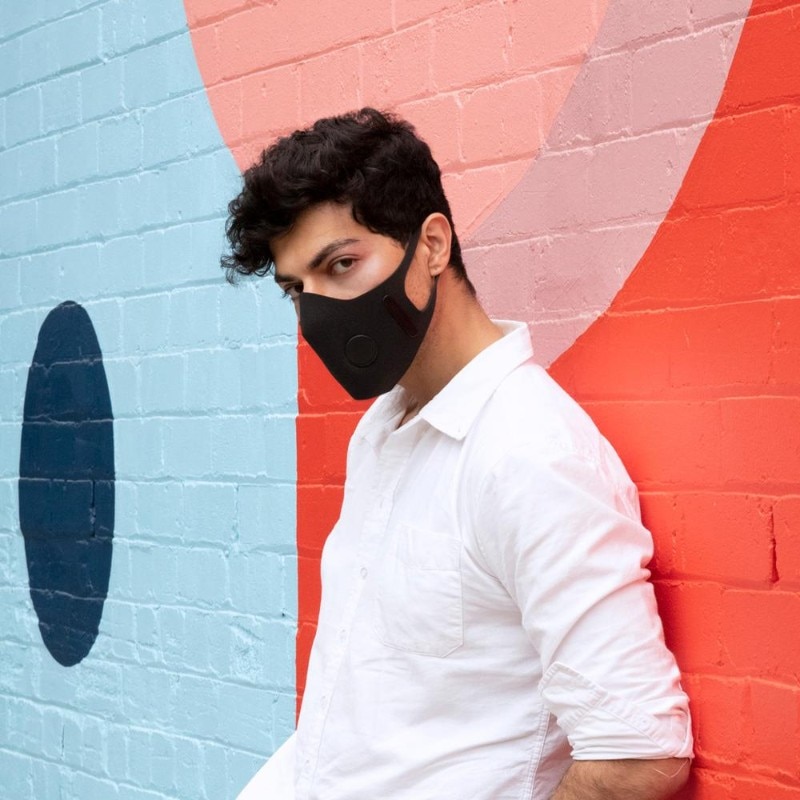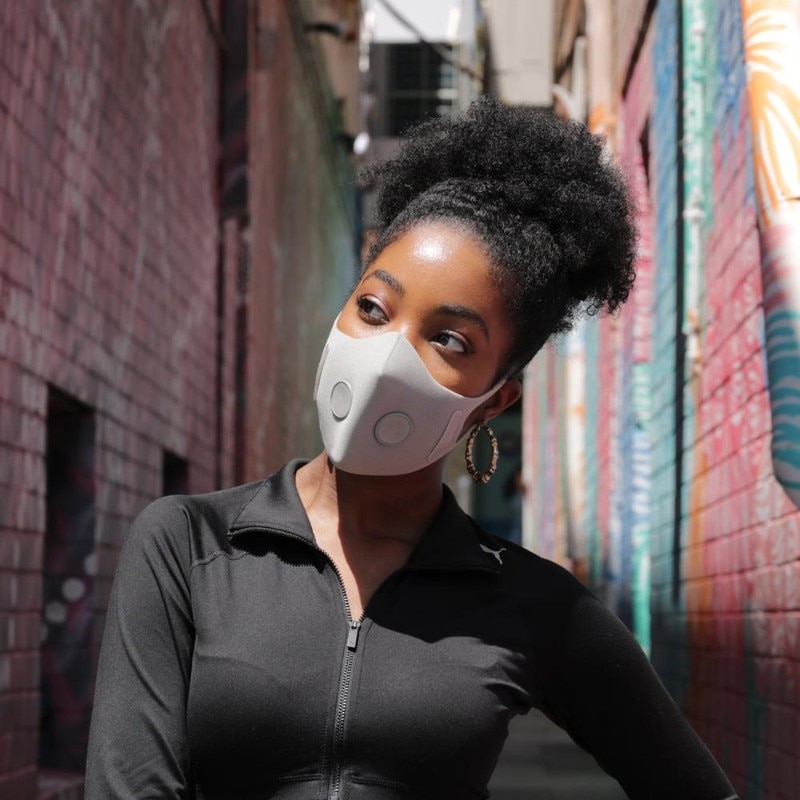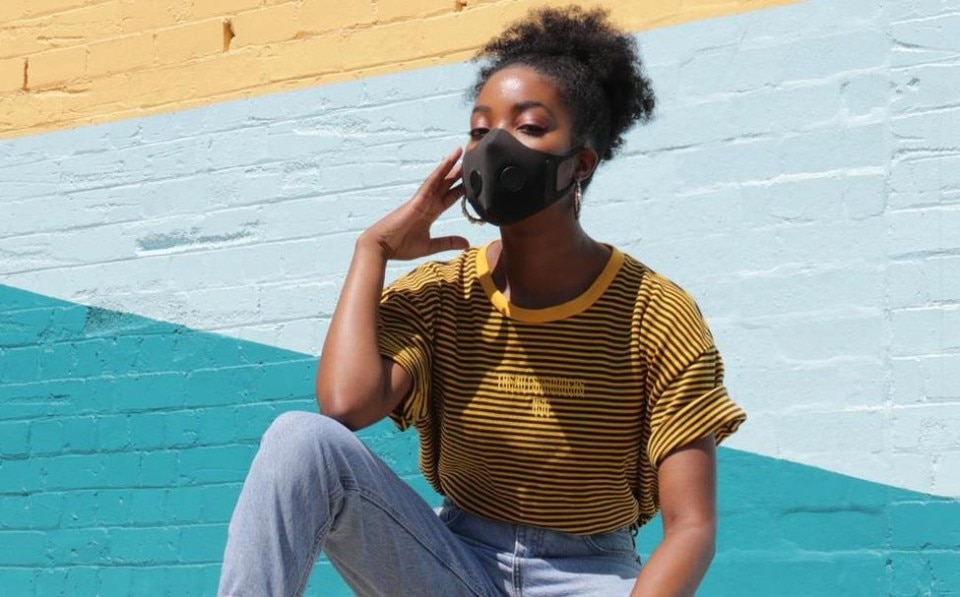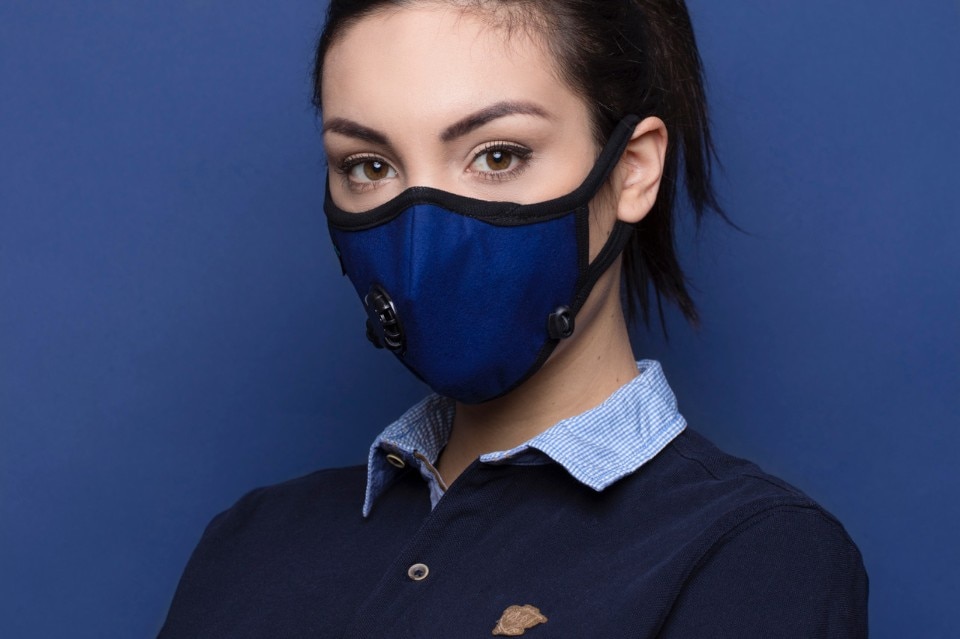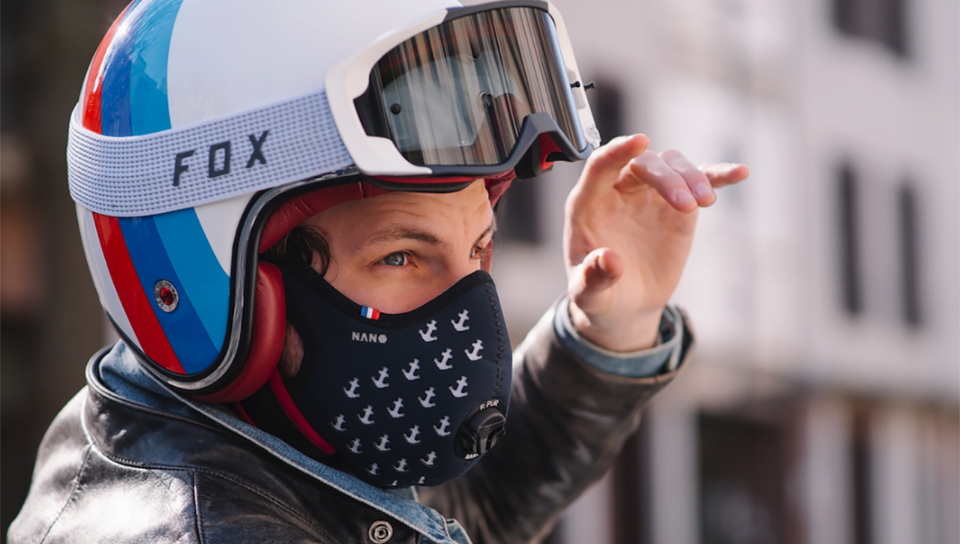If you’ve traveled through Asian airports before, you’ve certainly witnessed a fair amount of people wearing surgical masks in public. In some Asian cultures, wearing a mask is seen as a normal precaution to protect other people from your germs, in case you have a cold or a mild illness.
The Coronavirus outbreak has resulted so far in a shift of this usage pattern: people, both in Asia and in the rest of the world, have started wearing masks in order to protect themselves from pathogens. While useful to an extent, common off-the-counter masks are mostly ineffective at protecting us from airborne pathogens such as the new Coronavirus, both because anyone who hasn’t had proper medical training won’t follow the proper usage protocol and because other sensitive areas such as the eyes remain exposed to contagion. What masks are generally good for, though, is the reason why many Asian people use them while sick: they protect others from the pathogens-rich droplets we’re coughing or sneezing out.
What’s needed for a mask to be effective at protecting the wearer are an absolutely tight fit on the face, along with a Virus Filtration Efficiency (VFE) and Bacteria Filtration Efficiency (BFE) certification. A few international startup started offering masks with these characteristics long before the Coronavirus outbreak, and they’re set to (unfortunately) gain popularity due to the potential of a pandemic.
Albeit effective, they were never thought as masks for stopping pathogens. Instead they were all created with the goal of effectively filter out pollution down to the finest particles. R-Pur, developed in France, for example, is a mask designed explicitly for people who bike or drive a motorbike in the city’s traffic. It comes with a dedicated smartphone app that will tell you when it’s time to swap the filter based on your usage.
The Australian startup AusAir moved from similar assumptions, but decided to market its product with more of a fashionable take, creating a full-fledged lookbook. It features models wearing the company’s masks and ends up having quite a dystopian flair to it. Finally, Cambridge Mask Co. is selling a line of masks with a “triple filter technology” as the “British pollution solution”. Albeit available in a range of colours and patterns, Cambridge’s masks are not as fashionable as the previous two. Nonetheless, a lot of people happily post pictures on Instagram and tag the company as part of an apparently successful social media campaign. In the pictures they’re all wearing the mask while performing daily activities and smiling.
While just a few months ago we would probably have questioned the use of a mask in public or associated it with a specific condition of the person wearing it, the Coronavirus outbreak is starting to change our perspective. Are we at the beginning of an era in which masks will become common accessories of our everyday life? Is the Coronavirus epidemic contributing to change the way we consider the use of a device that partially covers our face, thus making us unrecognizable? And if we’ll get used to continuously ascertain the existence of invisible menaces to our health - coming from our fellow humans - by enforcing methods to protect against them, how will this affect the non-verbal interactions on which we base a large amount of our social lives? These all sounds like unimportant questions, in a moment when we don’t yet know how the epidemic will evolve globally, but they’re worth asking if we care about the way calamities like the Coronavirus outbreak can shape our concept of living together in a globalized society.


